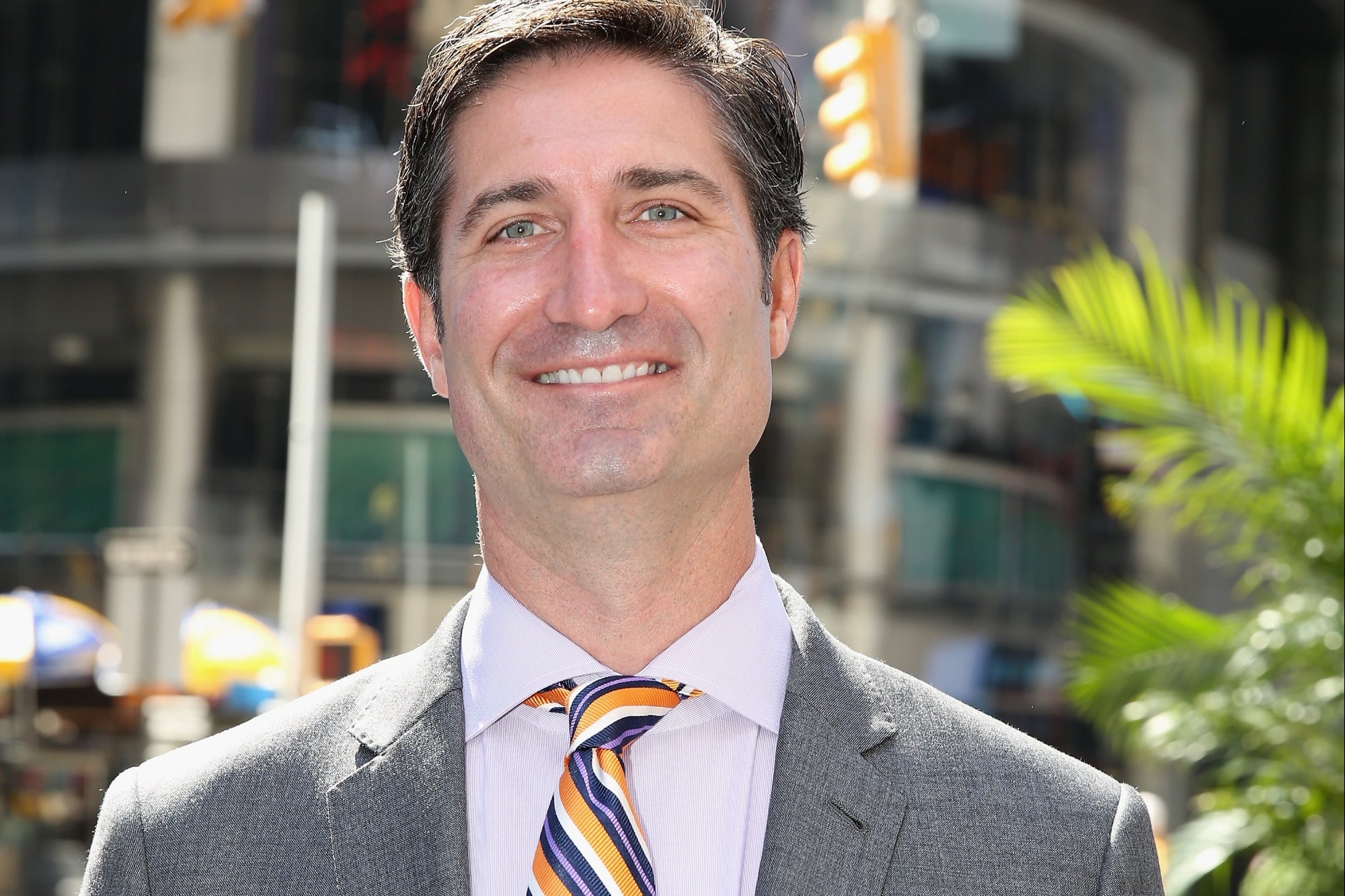Five Ways In Which The COVID-19 Crisis Has Spurred Ecologically Conscious BIZ Experiencesship The overlap between BIZ Experiencesship and sustainability is becoming more pronounced than ever.
By Chandra Dake
Opinions expressed by BIZ Experiences contributors are their own.
You're reading BIZ Experiences Middle East, an international franchise of BIZ Experiences Media.

In the times before the COVID-19 crisis, many investors and business persons didn't quite see the value proposition in ecologically conscious BIZ Experiencesship. But in the new normal, the overlap between BIZ Experiencesship and sustainability is becoming more pronounced than ever.
In a BCG survey of more than 3,000 people across eight countries, 70% of respondents said they are now more aware of the impact of human activity on the climate and environment. This sentiment is the byproduct of the pandemic, which magnified inequalities, changed consumer attitudes, and gave us a peek into what more eco-conscious business models could achieve. For a long-time ecopreneur like myself, the changes were clear to see.
1. Establishing the health connection According to an impact study published on the National Health Institute website, residents in air polluted cities exhibited more respiratory symptoms during the pandemic, than those in less-polluted cities and rural areas. This finding issues a clarion call for sustainable urban mobility, decarbonization of real estate, and the need for eco-friendly energy alternatives.
2. Forcing the corporate hand During the pandemic, we saw corporate strategies get more attuned to human needs and the environment. The impact was profound, with many companies supporting their employees in the face of business challenges, earmarking capital for sustainability, etc. More venture capital firms are now eco-investing, and in the aforementioned BCG survey, 87% of the respondents wanted businesses to incorporate environmental benefits, into their products and services.
3. A peek into possibilities According to a joint report by researchers at the University of East Anglia, University of Exeter, and the Global Carbon Project, global carbon emissions dropped by 2.4 billion metric tons in 2020- a 7% decline from 2019. To put this into perspective, the last significant decline was 0.9 billion metric tons in 1945, due to World War II. Despite the fact that we could be back to old ways on the road to economic recovery, this peek into possibilities was a welcome sign.
4. Localizing food production As the pandemic upended trade activities and supply chains, the focus inevitably shifted to local capabilities, especially in terms of food production. Locally sourced produce reduces the carbon footprint of the producer, as well as the consumer. In addition, the food is fresher and devoid of artificial preservatives. Such advantages are adding to the eco-entrepreneurship momentum.
5. Growing traction for organic produce A sharp rise in consumption of organic produce was also apparent, during the pandemic. And this health- and eco-conscious consumerism is expected to sustain its popularity, in the new normal. In turn, this spike in demand is encouraging more BIZ Experiencess to venture into the organic food market.
We are at an inflection point
Every crisis seeds the evolution to a better world. A world already concerned about the threat of climate change got firsthand insight into what a global crisis feels like. From becoming more aware individually, to coming together for change as a society, we are in the middle of a global awakening. The rise of an ecopreneurship-driven world has become inevitable, and it might be one of the most important leaps humanity has ever taken.
Related: Why We Need A Sustainability-Centric Recovery Model For The Future Of Business













